SUCCESS
IN
TECHNICAL PROJECTS!
The SYSTEMIC Upgrade for your engineering project!
Services
We provide a tangible engineering upgrade to projects by offering a holistic approach and collaborating with our customers' teams like partners.
We have been refining the services of Schnitzer Group continually since 1992. During this process, three essential service areas that are the same for all locations have taken shape, both in our own country and internationally:
What moves us forward?
Combustion engines
Hybrid
Electric
![]()
We speak the various technical languages and can "translate" from one to another.
Networking
![]()
We understand the specific communication channels in addition to the types of organization and their change processes.
Industry 4.0 | Digitalization
![]()
We put this into practice on a daily basis.
TISAX
![]()
We are TISAX-certified!
Decarbonization
![]()
We have in-depth experience in this area.
Project start
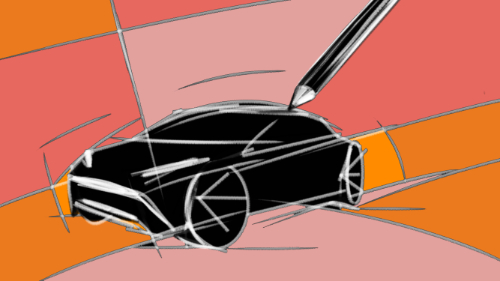
Project planning I Project start
YOUR GOAL
Starting the project on the right foot!
YOUR CHALLENGES
- Have the project workflow, scheduling and responsibilities been verified and are they transparent?
-
Does my project team have a sufficient level of professional and communicative skills?
-
Have the required project milestones been established and can they be adhered to?
-
Does the schedule include buffer to account for any accidents or surprises in the course of the project?
-
Where are the central challenges in the project?
-
Who summarizes the results in this phase in a way that is transparent and neutral for all stakeholders?
WE ...
... offer planning and guidance through the product creation process and the series.
Phase
1
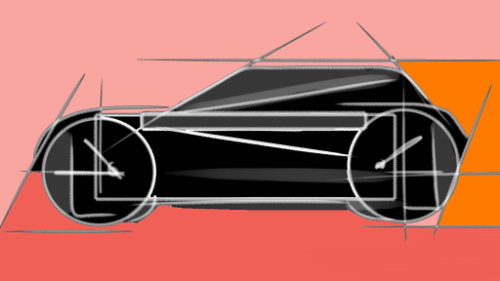
Product development
YOUR GOAL
Efficient product development !
YOUR CHALLENGES
- Do prototypes provide satisfactory answers for series implementation?
-
Are the prototype molds based on the serial production process?
-
How is preventive risk minimization carried out for serial production?
-
Where are the challenges in terms of design, function, materials, assembly and capacity?
-
Are all suppliers up to date in terms of content and quality and do they all know their responsibilities?
-
Who summarizes the results in this phase in a way that is transparent and neutral for all stakeholders?
WE ...
... draw upon real-world experience in providing support while managing and optimizing product development.
Phase
2
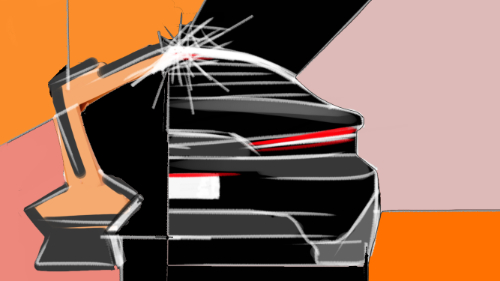
Industrialization
YOUR GOAL
Suitable tools and functioning production lines!
YOUR CHALLENGES
- Who takes responsibility for the overall coordination of the assembly and organizes it?
-
Have the right materials and process steps been incorporated?
-
Does the quality of the produced sample components measure up to requirements
-
Are project partners and the supplier chain reliable?
-
Are there changes that will affect the design over the short term?
-
Who summarizes the results in this phase in a way that is transparent and neutral for all stakeholders?
WE ...
... safeguard the start of production – through a dialog with Engineering and Management.
Phase
3
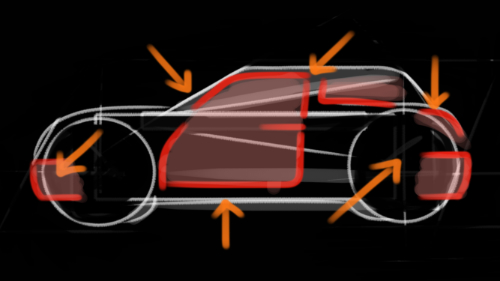
Start-up phase
YOUR GOAL
A smooth start to production!
YOUR CHALLENGES
- Can the suppliers produce the required part quantities?
-
Have the sampling milestones been met in accordance with specifications?
-
Is the process ready for series production?
-
Was the product handed over from development to series production in line with its status?
-
Have the production employees been sufficiently trained in terms of technical competence?
-
Who summarizes the results in this phase in a way that is transparent and neutral for all stakeholders?
WE ...
... make project complexity manageable.
Phase
4
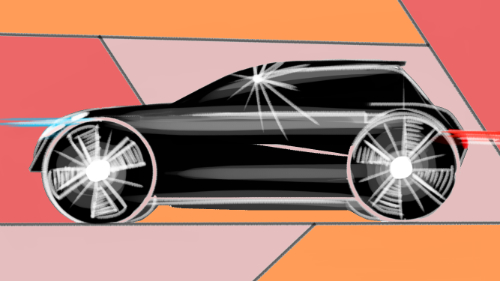
Series production
YOUR GOAL
Error-free production with top-notch quality!
YOUR CHALLENGES
- Is the global supply chain safeguarded against risk?
-
Do all production facilities have the same information?
-
Do all processes meet the serial production requirements?
-
Have all open approvals been safeguarded in terms of technology and organization?
-
Who summarizes the results in this phase in a way that is transparent and neutral for all stakeholders?
WE ...
... secure and strengthen your success.
Phase
5
Schnitzer Group
in facts and figures.
COMPANY FIGURES
Locations
Ongoing projects
SCHNITZER GROUP TEAM
Project satisfaction
Probability of repeat business
Regular customers
Countries in which we are active
Languages
INDUSTRIES
Automotive
Electromobility
Truck
Bus
Motorcycle
Construction machine
Tractors
Rail vehicles
Airplane
Construction
Plants
Energy technology
To the Schnitzer Group
Newsletter in three steps
Step 1
Enter your E-mail address
Step 2
Confirm registration
Step 3
Receive up-to-date information


